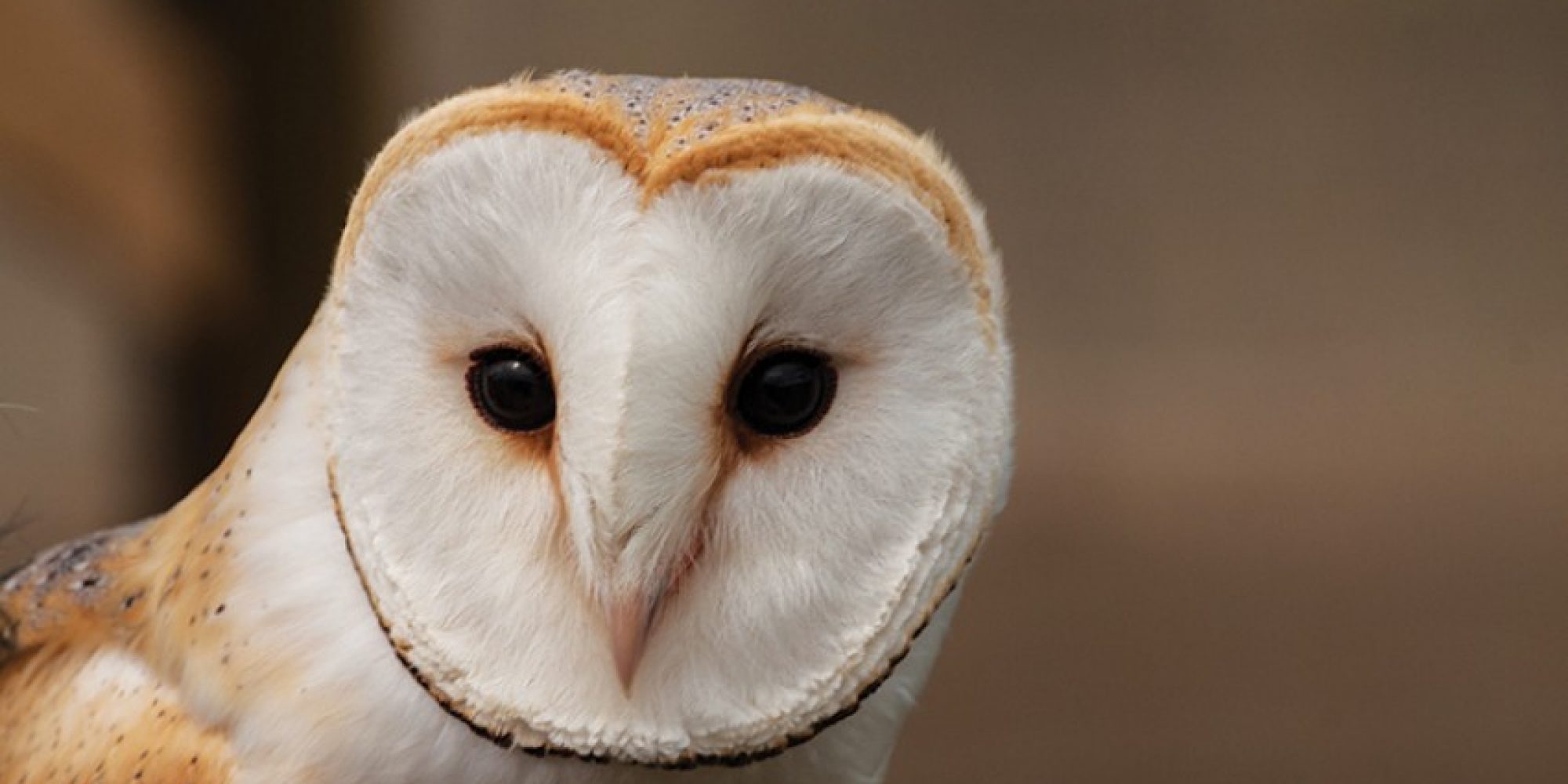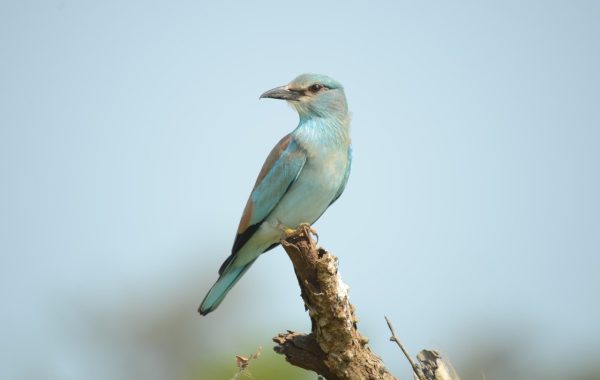Barn Owls, they are mostly seen at dusk and the reason is simple. This is when mice, rats and shrews, their main prey, are active.
For decades, farmers from countries around the world have been taking advantage of the Barn Owl’s specialized diet and having been using them as a biological control of rodents in agricultural areas. This is achieved by placing nesting boxes for Barn Owls in suitable sites to encourage occupation of the nest box by a pair. A Barn Owl’s presence at a farm means that the farmer doesn’t have to use rodenticides to minimize damage to crops, therefore minimizing negative impacts to wildlife from secondary poisoning and to human health.
This was the subject of a three-day seminar held in Cyprus between 19-21 November (2018) where experts from Cyprus, Israel, Switzerland and Greece met to exchange experiences and transfer knowledge to Cypriot farmers, scientists and government officials who are working with the Barn Owl.
The seminar included a workshop with governmental bodies involved in installing and monitoring Barn Owl nest boxes (Game and Fauna Service, Department of Agriculture and Department of Forests), a lecture by distinguished academics Prof. Yossi Leshem (University of Tel Aviv) and Prof. Alexandre Roulin (University of Lausanne) at the Open University of Cyprus, an information day for farmers as well as visits to agricultural sites where nest boxes have been installed. During the seminar, BirdLife Cyprus and guests from the Israeli Ministry of Agriculture met with the Minister of Agriculture, Rural Development and Environment, Mr Costas Kadis to discuss the possibilities of promoting the use of Barn Owl as an agri-environmental scheme for farmers.

The seminar also highlighted the need for cooperation among institutions in Cyprus that have been working with the Barn Owl for this purpose, such as for education, research, monitoring and reduction of rodenticide use as well as co-ordination with farmers.
With the damage caused by the use of rodenticides to wildlife, changes towards wildlife-friendly practices are encouraging, and the opportunity given through such projects and collaborations is important to move towards this direction.
For more information about the project, you can visit https://birdlifecyprus.org/barn-owl-project.
The seminar was organized within the framework of the BirdLife Cyprus’ project “Barn Owls as a biological control for rodents in agriculture” funded by the Tasso Leventis Conservation Foundation and in collaboration with BirdLife in Israel (SPNI).




